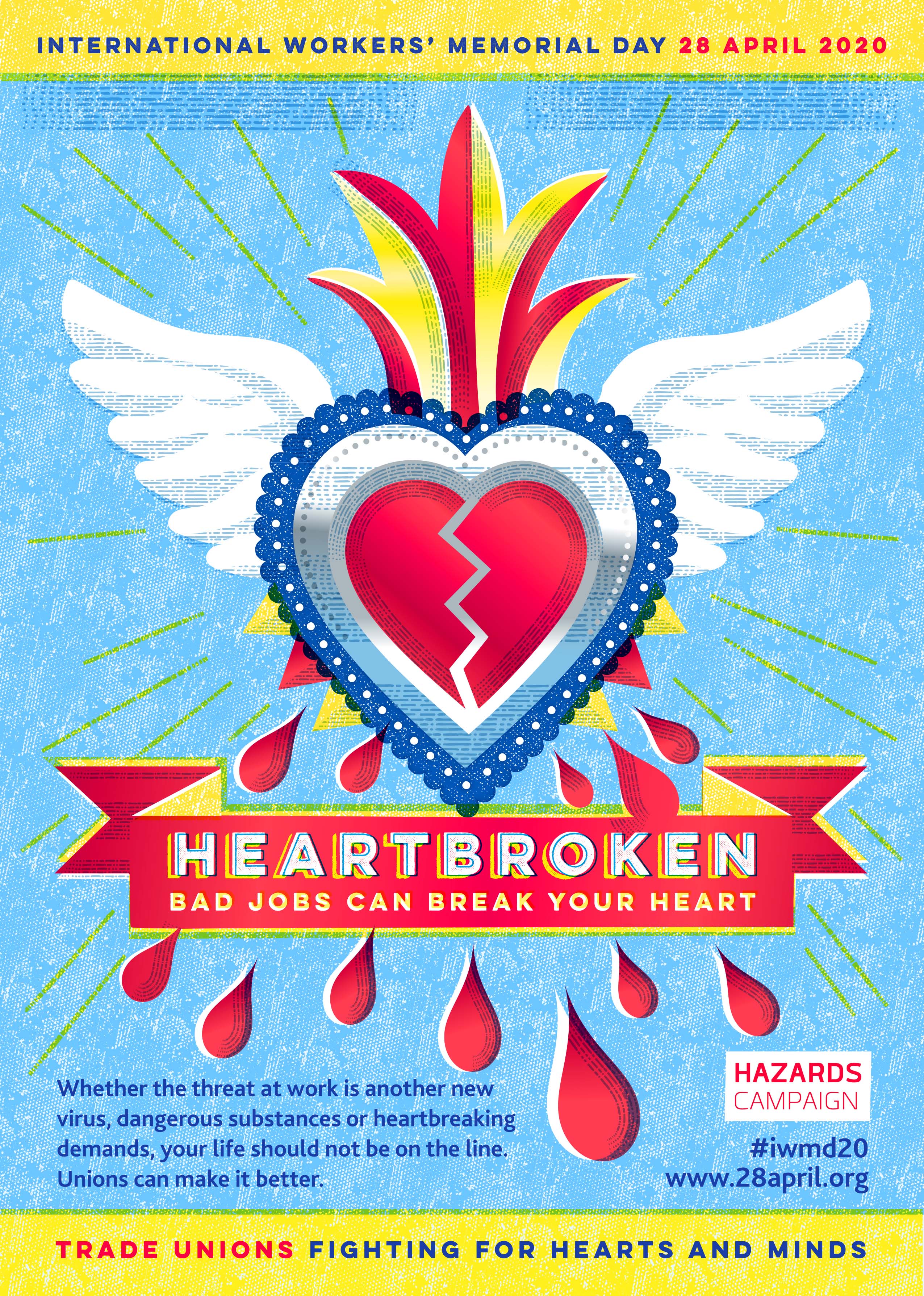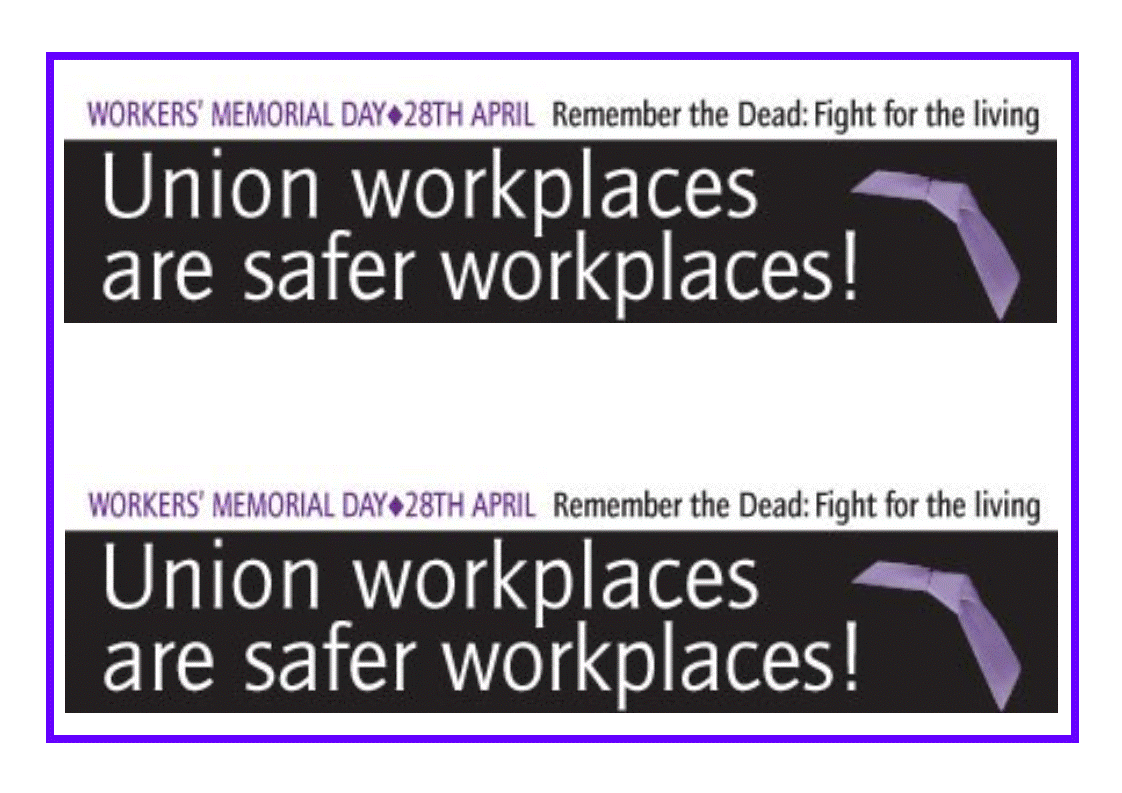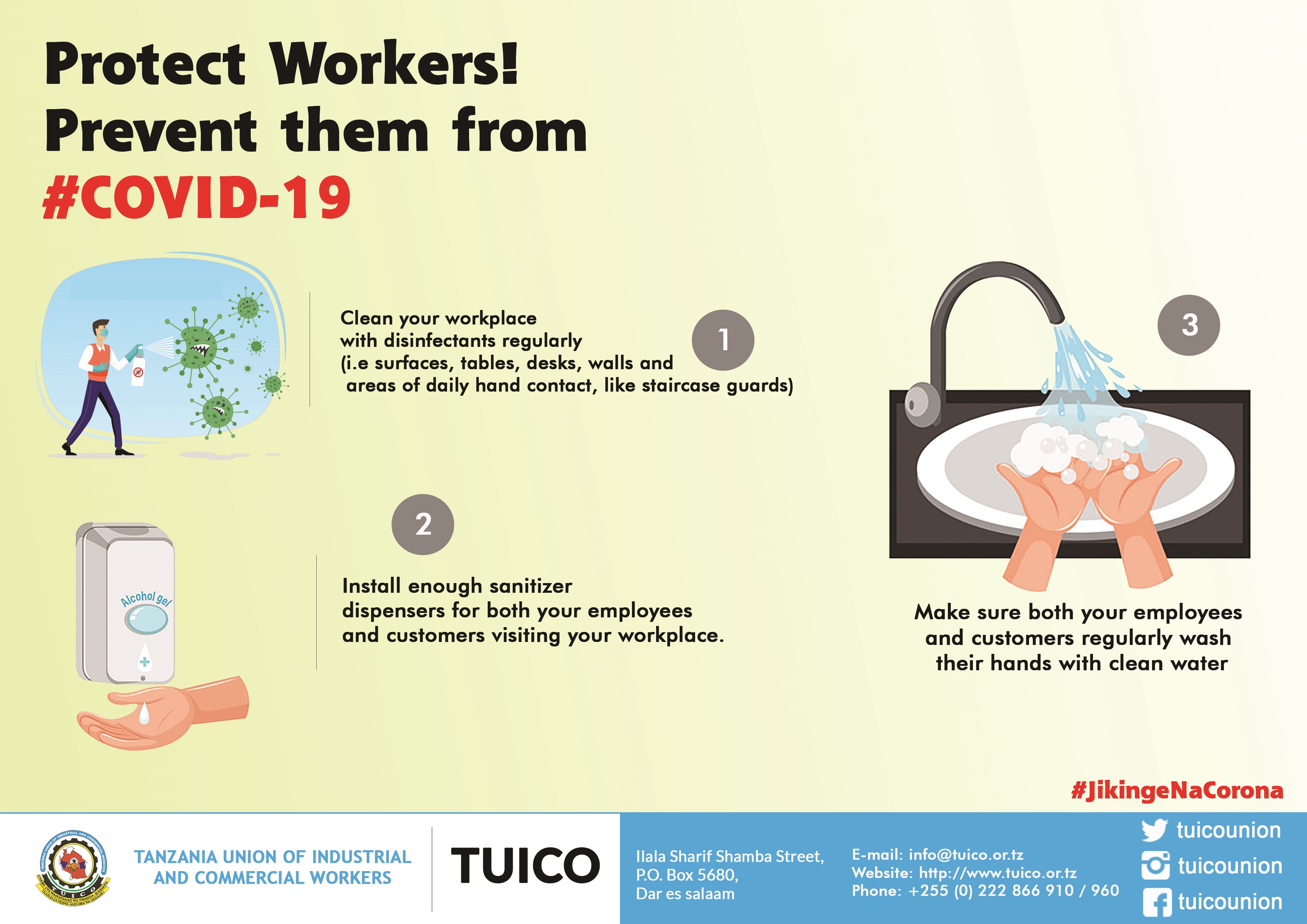Results from a survey of over 1,500 workers in Scotland have revealed the advantages enjoyed by unionised workers over un-unionised workers during the pandemic.
In terms of security, the Scottish Trades Union Congress (STUC) study reveals that unionised workers are half as likely to feel their job is at risk than those who are not in unions, and that almost two-thirds of un-unionised workers are worried about paying bills compared to a third of unionised workers.
Unionised workers also feel safer, have some degree of better access to PPE, and are working in places with clearer policies on dealing with the virus.
STUC general secretary designate, Rozanne Foyer, said “the results of this survey are clear. During exceptional times and periods of crisis, when the music stops, those who are in unions find they have the support, security and safety that many other workers can only dream about.
“It is a hard time for all workers, but life is made a little easier when you know that you are part of a collective. The statistics speak for themselves. Now it’s time for people in unions to speak with friends and family about why it matters to get yourself in a union before you go back to work.”
Among the statistics are:
- Those who aren’t members of a trade union are twice as likely to say their job is at risk than those in a trade union (37% of non-trade union members compared to 19% of trade union members)
- 59% of non-trade union members are worried about paying the bills compared to only 33% of trade union members.
- 57% of non-trade union members who are still working do not feel safe at work, compared to 48% of trade union members.
- 44% of non-trade union members reported not having access to PPE compared to 39% of trade union members.
- 40% of non-trade union members reported that their employer was not good at keeping them informed as the situation changes, compared to 22% of trade union members.
- 29% of non-trade union members reported that their employer did not have a clear policy on Covid-19 compared to 18% of trade union members.
- Only 35% of non-trade union members have been told they will be paid in full if they are off-sick with covid-19, compared to 62% of trade union members.
Full STUC news release and survey findings.




